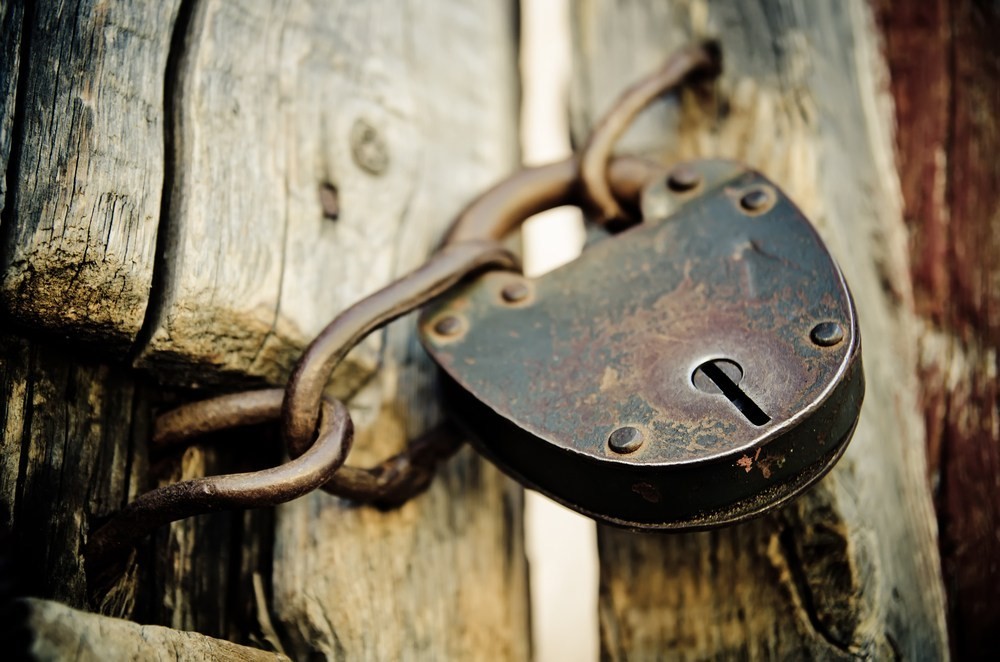
When a lock becomes rusty, its internal components may stop moving, causing the lock to fail. Keeping the lock free of internal and external rust can help you to maintain security around your home and business.
Tips for Preventing Rust From Developing on Your Outdoor Padlocks
Many home and business owners use padlocks on their fences, sheds and other outdoor buildings. Over time, rust can develop on these locks. Rusty buildup makes it difficult to unlock the locks when you want to and it can also make it easier for a thief to break the lock and gain access to your belongings. These maintenance tips can help you to prevent your locks from rusting. If there is already rust on the locks, a Locksmith Las Vegas may be able to repair or replace it for you.
Check and Use the Lock Regularly
Check and use the lock at least once per week can help you to stay on top of rust accumulation. The action of using the key in the lock can knock loose any small pieces of rust. Inspecting the lock will alert you to any problems so that you can arrange for a repair or replacement before the lock deteriorates.
Use a Lock Lubricant
A silicon spray can be applied to outdoor locks about once per month. The silicon creates a protective seal that prevents iron in the lock from coming into contact with the air. After spraying the silicone, lock and unlock the padlock several times. These actions distribute the silicon throughout the inner workings of the lock. Also spray the opening where the curved bar inserts into the lock chamber.
Clean the Lock
In dusty places like Las Vegas, sand and other debris can work its way into the lock. The sand scrapes off the silicon and can cause damage to the lock’s mechanism. About once per month, use a can of spray air to clean the debris out of the lock. If your lock is sticking or develops other problems, a Locksmith Las Vegas can troubleshoot it and get it working properly.
